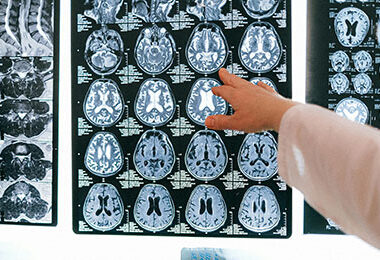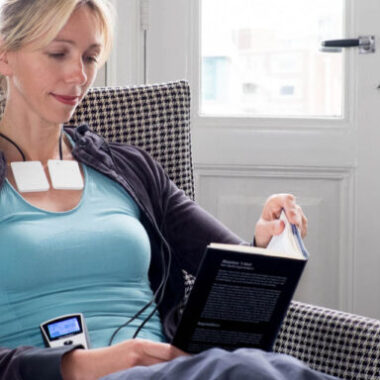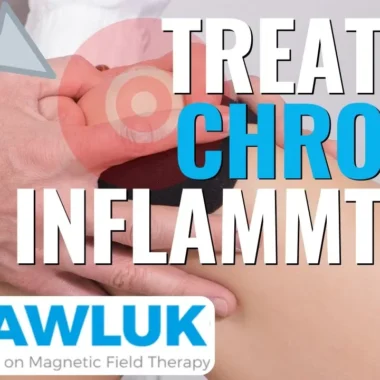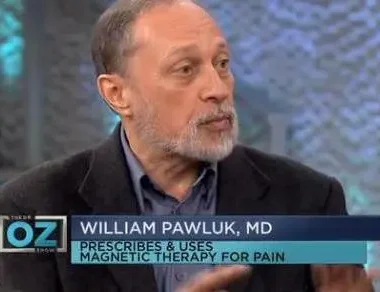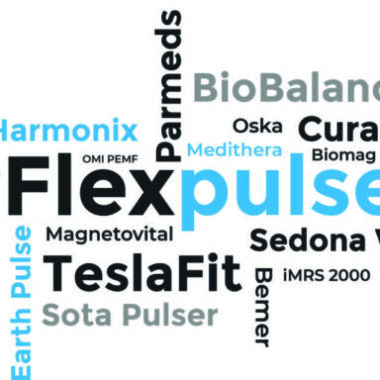Medications - Do They Work For You?
Table of Contents

MEDICATION RISKS AND BENEFITS VERSUS PEMFS
Most physicians don’t realize the following. “Fewer than half of the patients prescribed some of the most expensive drugs actually derived any benefit from them,”. This is according to GlaxoSmithKline Worldwide Vice President of Genetics Allen Roses. Dr. Roses, an academic geneticist from Duke University in North Carolina, spoke at a scientific meeting in London where he cited figures on how well different classes of medications work in real patients.
“Drugs for Alzheimer’s disease work in fewer than one in three patients, whereas those for cancer are only effective in a quarter of patients. Drugs for migraines, osteoporosis and arthritis work in about half of the patients,” Dr. Roses said. “Most drugs work in fewer than one in two patients mainly because the recipients carry genes that interfere in some way with the medicine.”
Until now, there was no way of knowing which medication would work best for which patient, and at what dose. Precision genetics will determine if the medication will work at all. Furthermore, as to what dose will best benefit the patient. Many physicians will recommend medications that have worked well for their other patients. However, they’re not realizing that for a particular patient, the medication won’t work at all.
“The vast majority of drugs – more than 90% – only work in 30-50% of the people,” Dr. Roses said. “Drugs out there on the market work, but they don’t work in everybody.”
To work, a medication has to be properly metabolized, absorbed and utilized. How you will respond to a medication is as unique as your fingerprints.
Only a test that tests how your genetics affects a medicine, called pharmacogenetics (PGx for short), can forecast how you will be affected by hundreds of medications. No other tests – not urine, blood or ancestry – or family history provides the needed information. The good news is it’s easy, painless and affordable. And, for all the medications that can be tested (with more being added as the scientific evidence is confirmed), you can know if a medicine will help you, do nothing for you, put you at higher than normal risk, or even kill you. The more medications you take, the greater the risk.
Even medications you have taken for years can put you at risk in the future. Now you can know in advance and consult with your prescribing physician to decide whether or not an alternative makes sense for you. Why not take advantage of this genetic testing opportunity to stay informed and protect yourself from a dangerous health risk?
Most people assume that because the medications their doctors prescribe are FDA approved, they will work and are safe for everyone. But because of the differences in people’s genetic profile and interactions with other medications, food, or alcohol, more than 125,000 people die annually, and 2,700,000 are hospitalized each year from ADRs.
HOW YOU WILL RESPOND TO A MEDICATION IS AS UNIQUE AS YOUR FINGERPRINTS
It’s true! Words like “most” or “average” doesn’t necessarily apply to you. No matter the common side effects for any medications, and no matter the average statistics for encountering adverse drug reactions (ADRs) for a specific prescription medication, you may still have a dangerous or life-threatening reaction. Those people aren’t just statistics, and neither are you. You’re unique, and so is your risk.
Fortunately, today there is a way you can find out if you are at risk from your medications. This is done by getting a simple pharmacogenomics test (PGx) through a cheek swab. Much of the information in this piece is taken from the website parallelprofile.com. We have nothing to gain financially from this recommendation.
What I do want you to know is that medications can be vital in many circumstances and may not be able to be avoided. So, if you have to rely on medications, at least be safe.
I also know that PEMFs do not carry any of the genetic risks of medications. Based on my experience as an MD, they are much safer, less potentially toxic and can be as or more effective. In addition, PEMFs can frequently actually help to heal or strengthen the tissues that can cause the health problems. Most medications only control but do not heal. It’s import to have an appropriate PEMF device selection and professional guidance. Thus, you will get the best results without the risk of harm or even death, that can happen with medications.
For more advice about appropriate PEMF device selection go to DrPawluk.com or contact us at info@DrPawluk.com or 866-455-7688.

